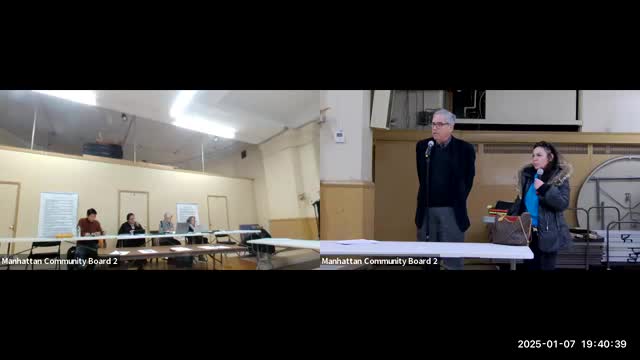Article not found
This article is no longer available. But don't worry—we've gathered other articles that discuss the same topic.
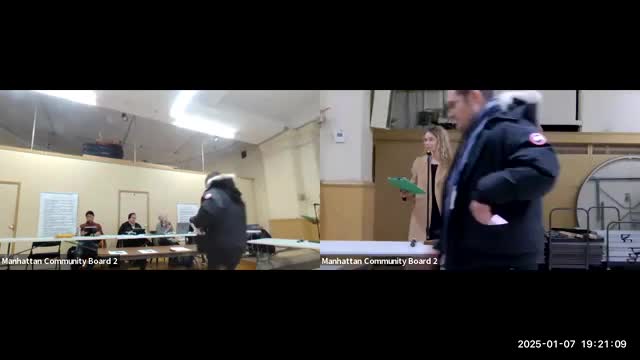
Retailer Boots and Beer seeks bottle-club liquor license for Tacovas shoe store
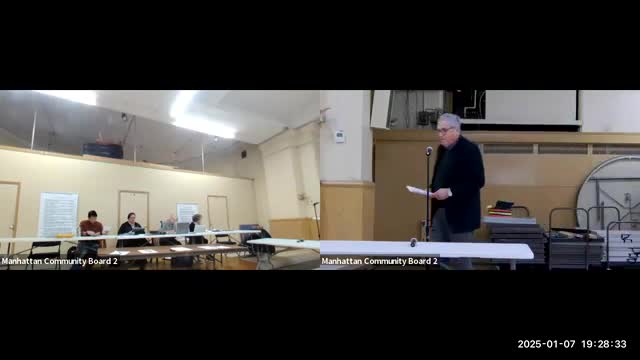
Mishka SoHo license returns amid long-standing disputes over outdoor lot, prior stipulations and vandalism
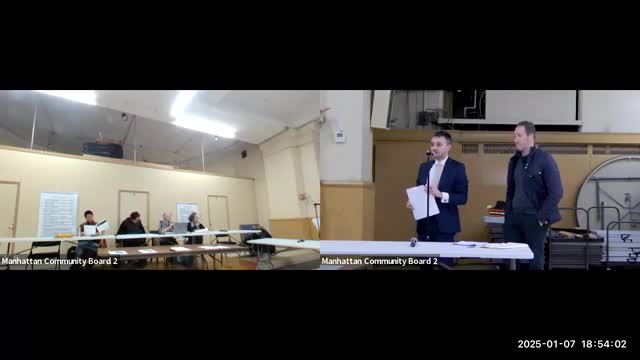
Community board presses city agencies on use of loading docks, parking lots for Dining Out NYC cafes
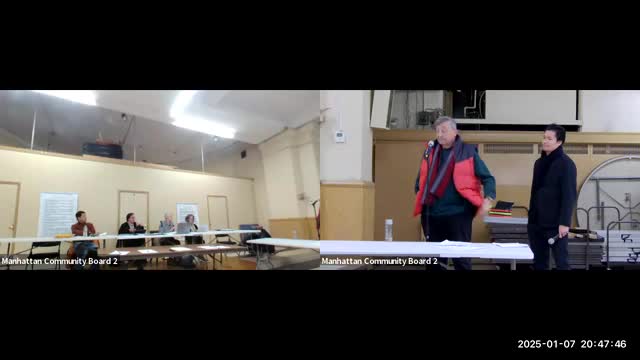
Bonnie & Mott license discussion laid over after neighbors report repeated noise complaints
